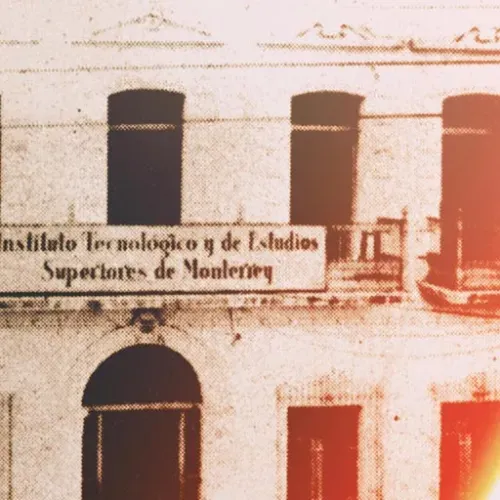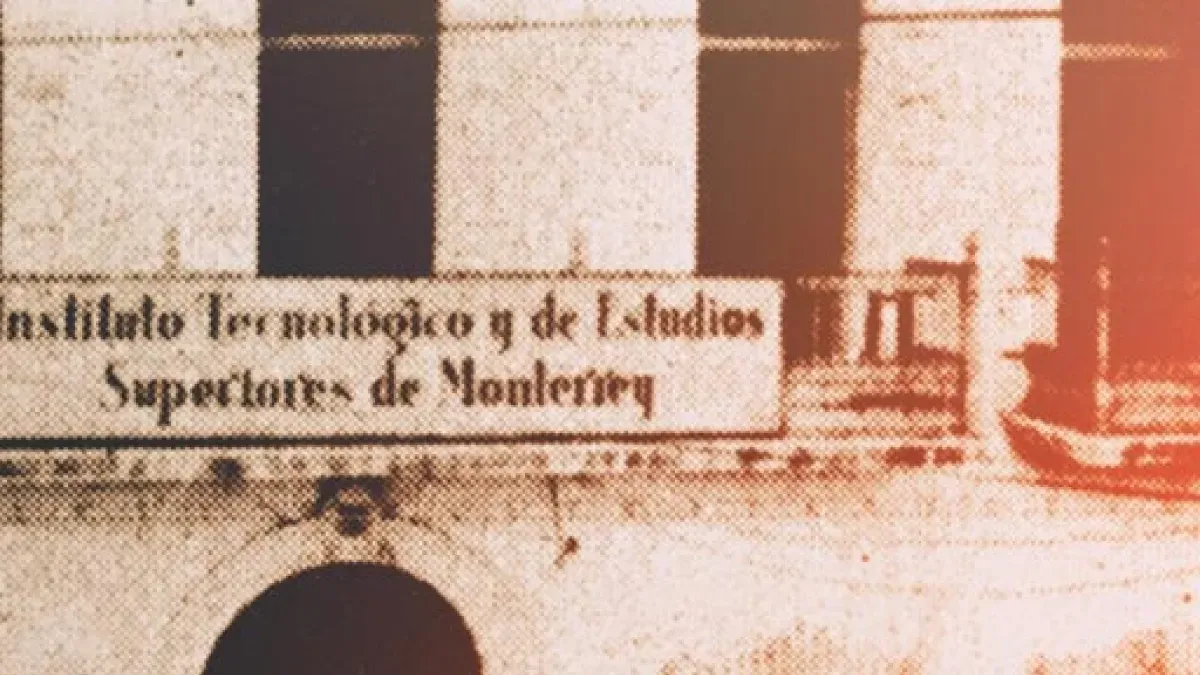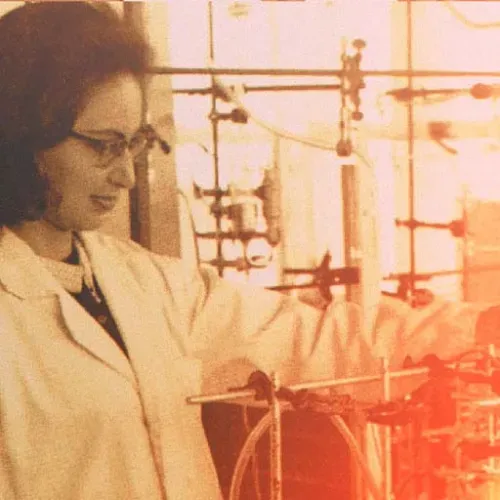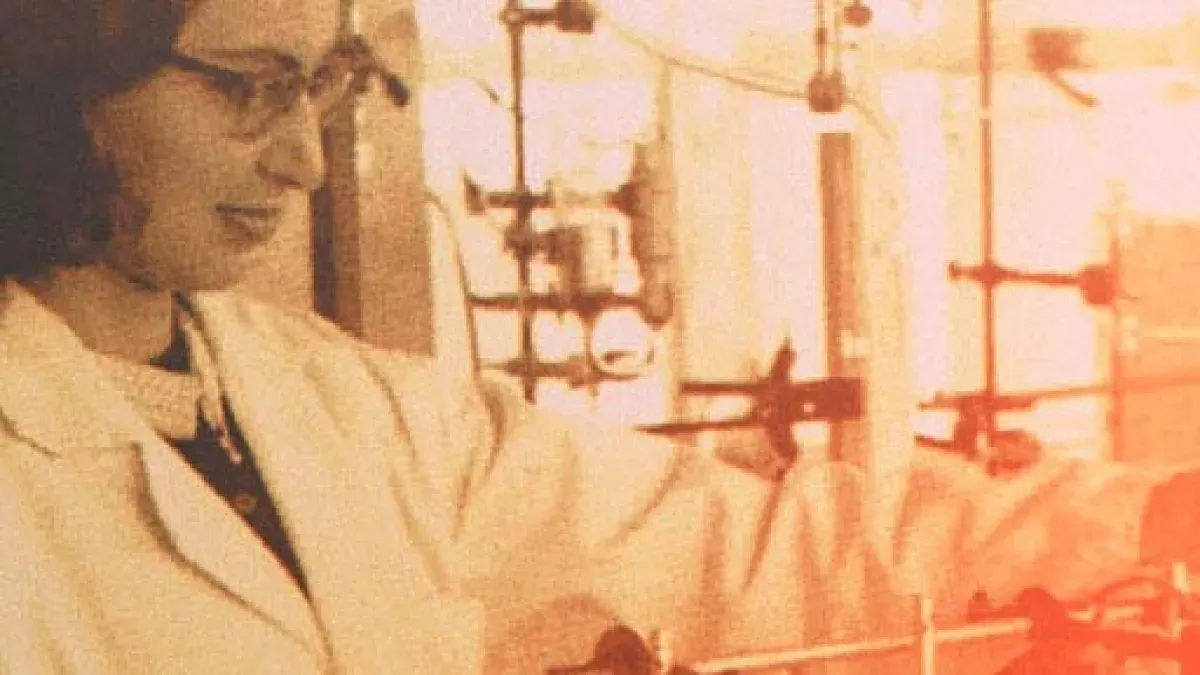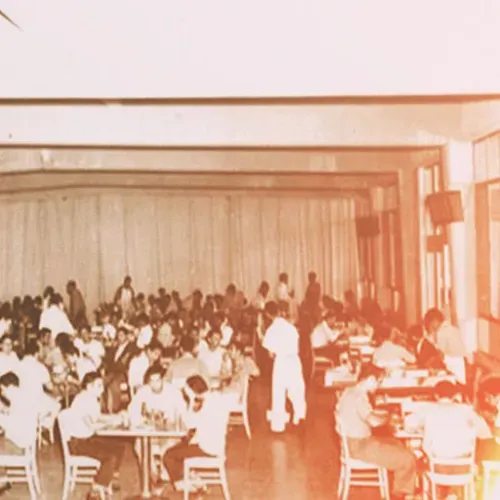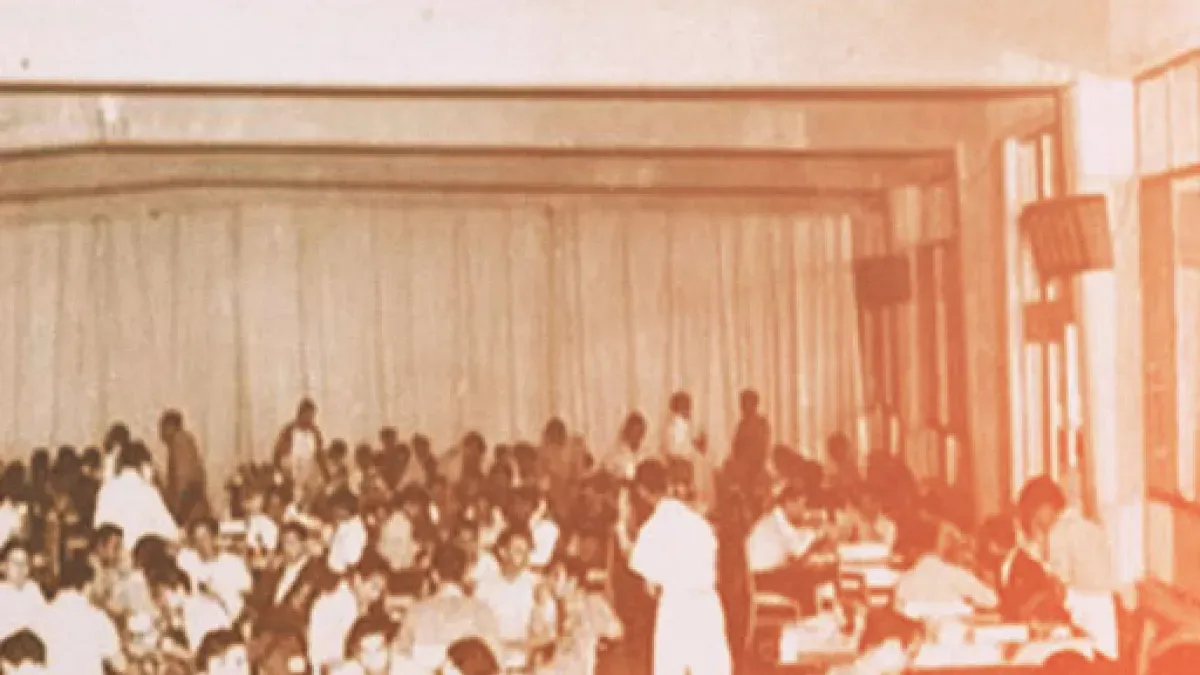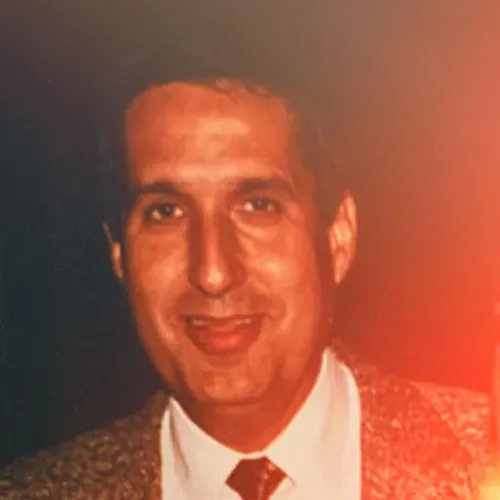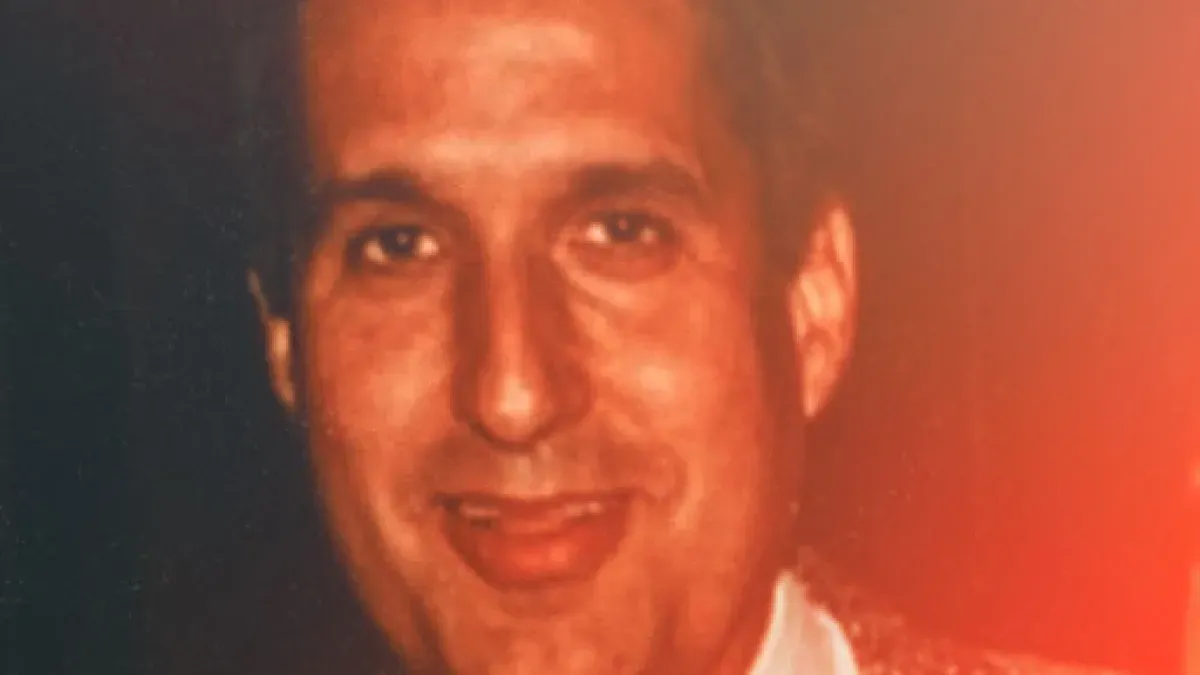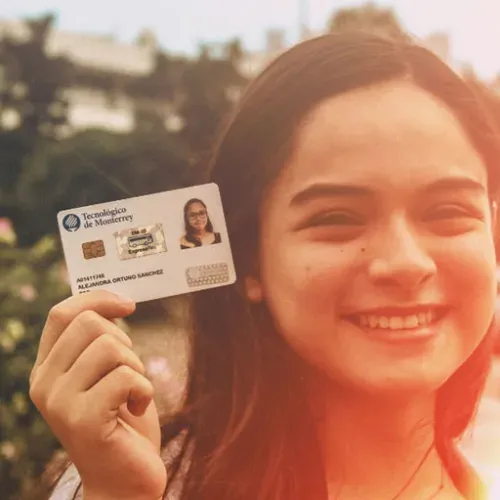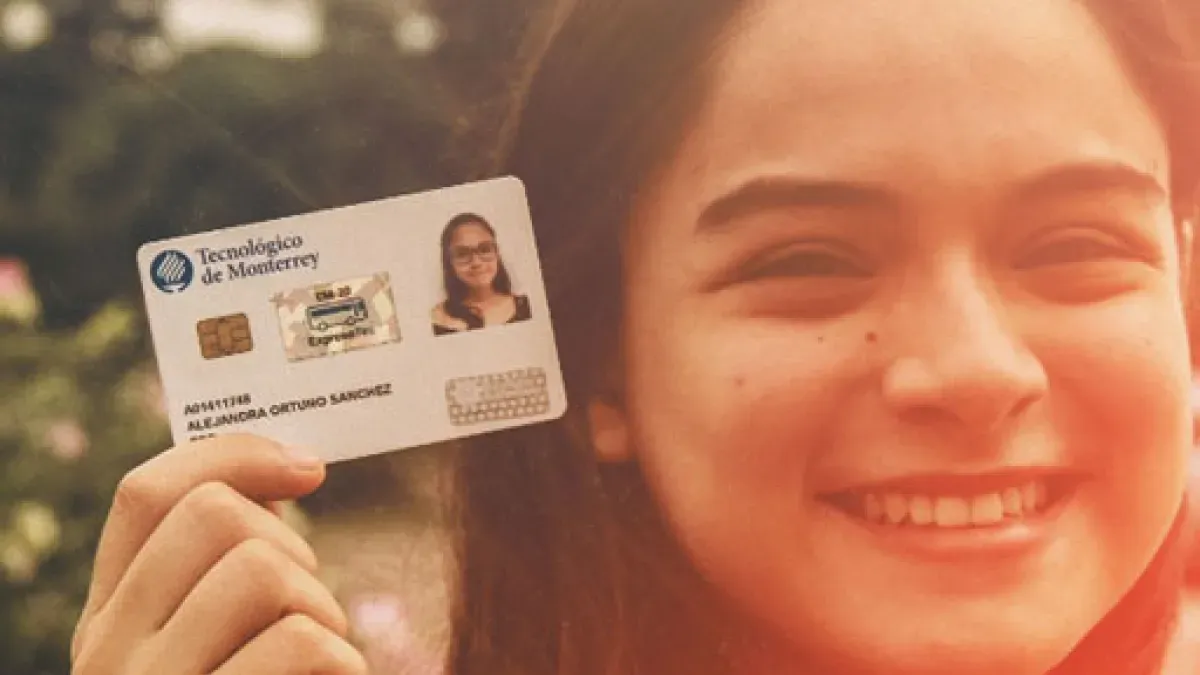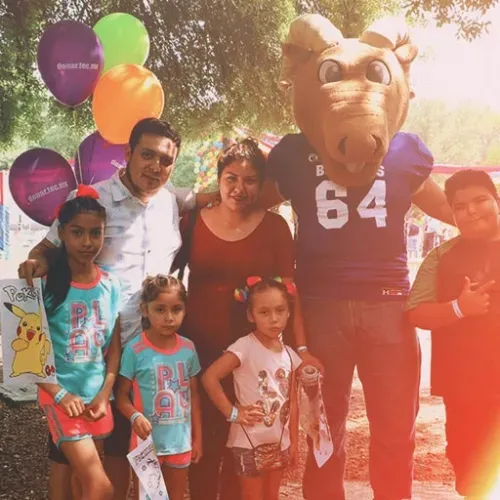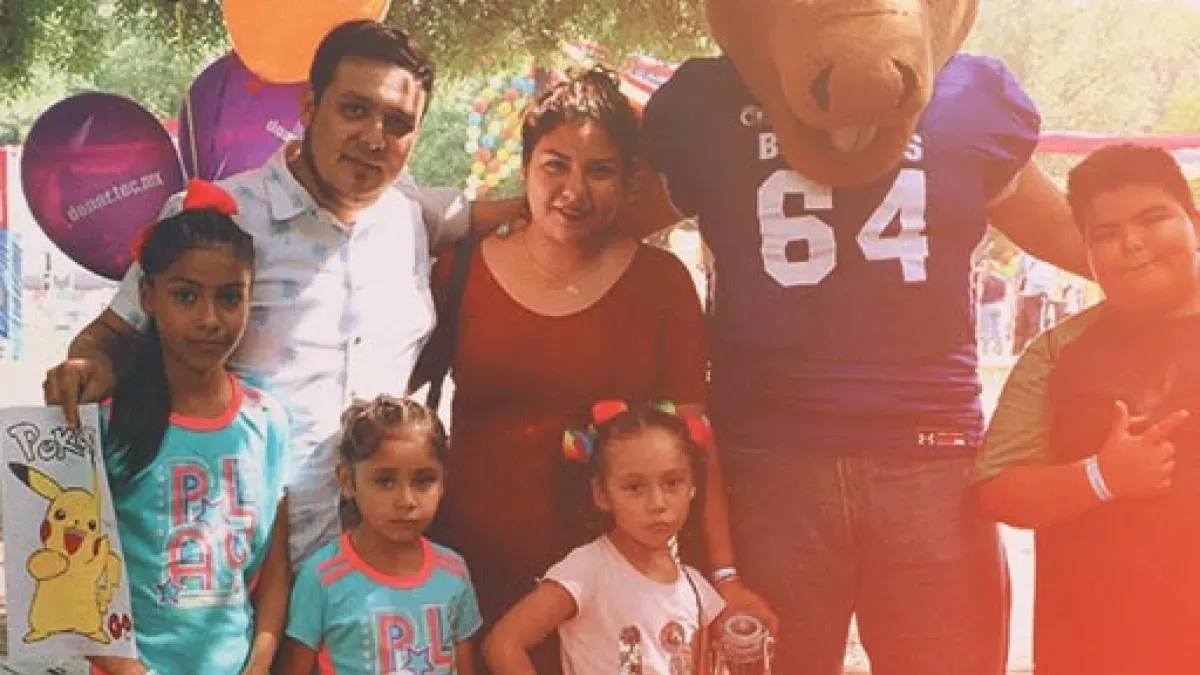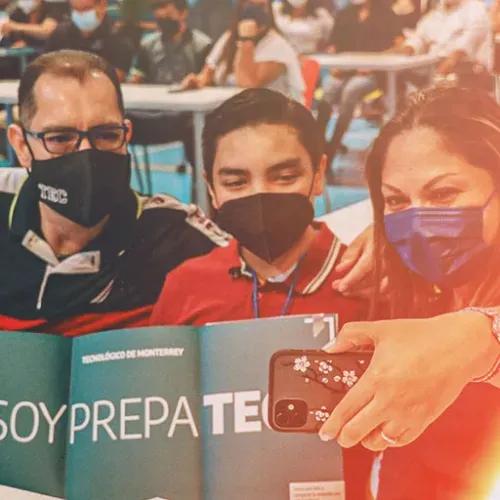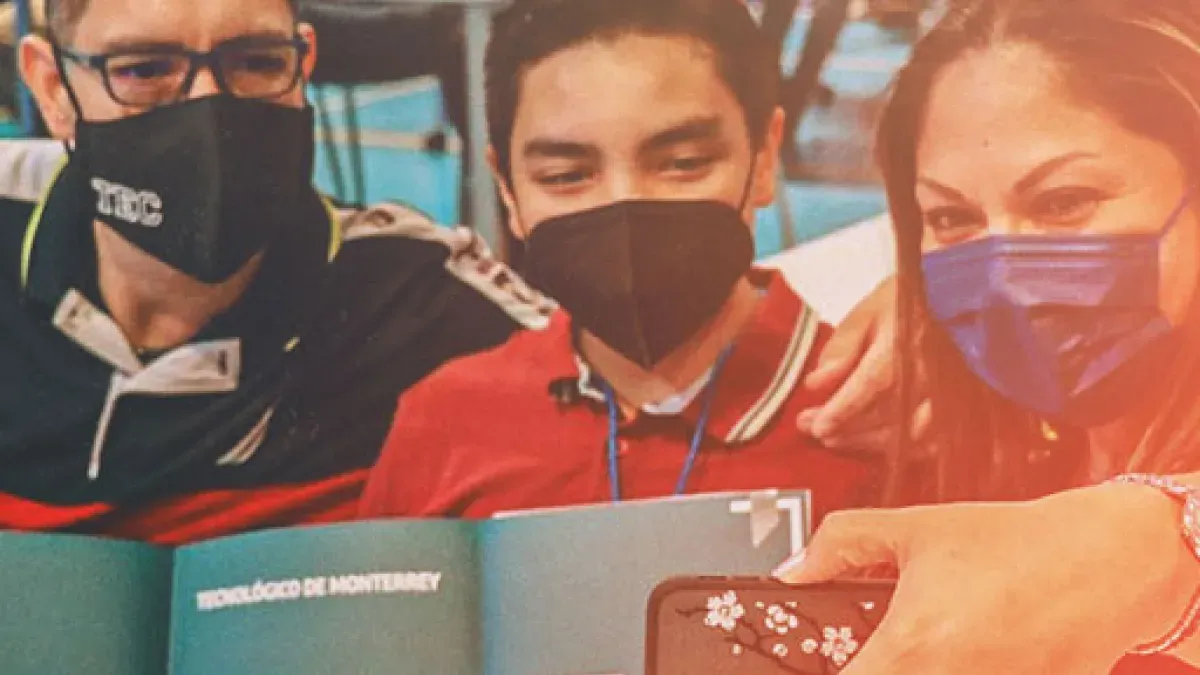"In the event of a discrepancy between the content of the English version and the original Spanish version the latter shall prevail".
You or your legal representative can exercise any of your rights of access, rectification, cancellation or opposition (hereinafter “ARCO Rights”), and revoke your consent for the processing of your personal information by sending an email to the ITESM Department of Personal Information at datospersonales@itesm.mx.
Please make your petition by completing the application form to exercise your ARCO Rights and Revocation of Consent (hereinafter "Application"), which is available at https://tec.mx/solicitudarco and contains all the elements needed to address the exercise of your right and/or revocation of consent in accordance with the relevant regulations.
So the ITESM Data Protection Department can follow up on your application, you or your legal representative must prove your identity and complete all the sections indicated on the Application and enclose a copy of one of the following current official identifications:
- Voter ID card (issued by Instituto Federal Electoral).
- Passport.
- National Military Service Card.
- Professional license.
- Postal identity card (issued by SEPOMEX).
- Certificate of documentary proof of studies.
- IMSS affiliation card.
- ISSSTE affiliation card.
- Immigration document validating the foreigner’s legal status in the country.
If the information provided on the Application is incorrect or insufficient, or the corresponding ID documents have not been enclosed, the Department of Personal Information, within five (5) working days following receipt of the Application, can request that you supply the elements or documents needed to process the same. You will have ten (10) working days to respond to such request, as of the day after receipt of the same. If you do not respond within the aforementioned time period, the Application will be considered as not filed.
The Department of Personal Information will inform you of the determination adopted within no more than twenty (20) working days as of the date on which the Application was received, so that, if deemed appropriate, it will become effective within fifteen (15) working days following the date on which you were informed of the response. The response will be sent by email to the email address specified on the Application.
Limitation of use and/or divulgation of your information
You can limit the use or divulgation of your personal information by sending your request to ITESM to the email datospersonales@itesm.mx. If your request is deemed appropriate, you will be added to ITESM’s exclusion list. For further information, please contact our ITESM Department of Personal Data Protection.
Use of tracking technologies on our websites
ITESM uses several technologies to enhance the efficiency of its websites, and thus your browsing experience. These technologies include the use of cookies. Cookies are small pieces of data saved on the browser employed by each user so the server can remember certain pieces of information that may subsequently be used. This information makes it possible to identify you and save your personal preferences in order to provide you with an optimal browsing experience.
In addition, ITESM can collect the following information through its website:
- Identification data.
- Information related to your browsing preferences.
- Data related to your IP, type of operating system, type of browser and sites visited.
These technologies can be disabled by following the procedures of the internet browser being used.
ITESM Department of Personal Information
The Department will provide you with the services required for the exercise of your ARCO Rights and/or revocation of consent and/or limitation of use-divulgation of your personal information. In addition, it will oversee the protection of your personal information within the organization.
Name: ITESM Department of Personal Information
Address: Av. Eugenio Garza Sada No. 2501 Sur, Col. Tecnológico, Monterrey, Nuevo León, C.P. 64849
Email: datospersonales@itesm.mx
Hours: 8:00 to 17:00 Monday to Friday
